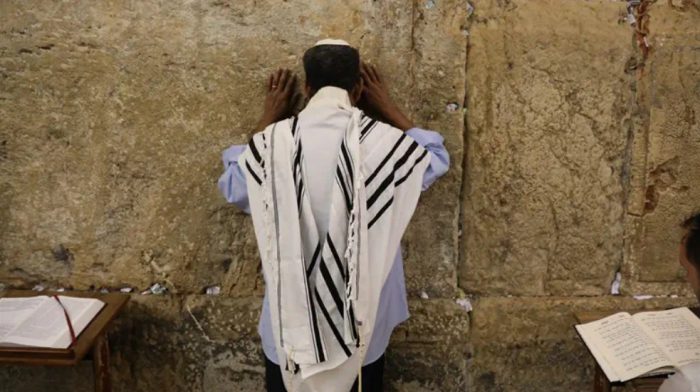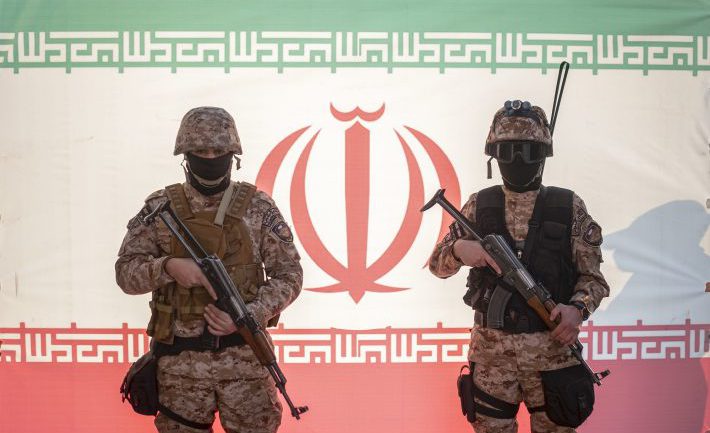As Israel reopens the Torah at Bereishit, this year’s spiritual restart calls not for forgetting the pain but transforming guilt into unity, hope, and creation.
Every year, Jews around the world open Bereishit — the first words of the Torah — and read the same text, yet it greets a different soul. The person returning to it has changed. After the solemn Days of Awe and the cleansing immersion of Yom Kippur, we pass through the fragile joy of the Succah, dance with the Torah, and begin again. The cycle itself insists that renewal is not a slogan — it is the architecture of divine life.
The Mishna in Yoma (8:9) closes with Rabbi Akiva’s timeless reassurance:
“Happy are you, Israel! Before Whom are you purified, and Who purifies you? Your Father in Heaven… Just as a mikveh purifies the impure, so does the Holy One, Blessed be He, purify Israel.”
But Maimonides reminds us: Yom Kippur absolves sins between person and God, not those between one human and another. For those, repair and reconciliation are required. The restart is real — but it must be earned.
So, as children reach for candy and worshippers unroll the scroll once more, the message of Simchat Torah resounds: the moment of joy is the beginning of responsibility. The Shulchan Aruch (Orach Chaim 669) enshrines our custom to finish and immediately begin again — renewal as a continuous act.
Rashi, explaining the phrase “hayom hazeh — this day” (Deut. 26:16), urges that the Torah’s commands be “as new in your eyes every day.” The text remains constant; our sight must not.
The Midrash teaches that even Creation itself was an act of refinement: “When the Holy One created Adam, He created him two-faced,” only later separating male and female (Bereishit Rabbah 8:1). The world is made, assessed, corrected — a divine reset toward its proper form.
And Teshuvah, repentance, preceded the world. It is our built-in reset key. As Rav Avraham Yitzchak HaKohen Kook taught, Teshuvah is not escape from life but a return to it — a homecoming to one’s essence. “Great is repentance,” says the Gemara, “for it brings healing to the world” (Yoma 86a).
Rav Kook distinguished between paralyzing guilt and clarifying remorse. The first darkens the spirit; the second orders it into responsibility. “Teshuvah,” he wrote in Orot HaTeshuvah, “illuminates the soul and transforms sadness into joy.”
A National Teshuvah
This year, the return of the hostages has stirred the nation to its core. Joy, grief, gratitude, and collective guilt are woven together. The Talmud reminds us: “Kol Yisrael arevim zeh bazeh” — all Israel are responsible for one another. That truth magnifies both our sorrow and our moral duty.
Over the past two years, anger has often flared — much of it directed at leadership, at each other, at symbols of power. But beneath that fury may lie something deeper: the pain of helplessness. Unable to rescue the captives, many Israelis projected their anguish outward. Now, as reunions unfold and testimonies emerge, we are being given the chance for a healthier reckoning — to process not through rage but through responsibility, introspection, and solidarity.
Rav Kook’s path remains the guiding one: guilt must not manage us; we must transform it into a Teshuvah that repairs, not divides.
What Renewal Demands
The Jewish restart is not amnesia — not forgetting the horrors of October 7, nor the divisions that followed — but an assignment. Yom Kippur teaches that divine forgiveness cleanses only when humans repair what they’ve broken. Simchat Torah and Bereishit teach that renewal is constant, sacred labor — the discipline of keeping the Torah’s words “as new.”
If Israel takes these lessons seriously, this national restart can be more than rhetoric — it can be a cure.
Let the families who suffered become our collective center. Let public debate remain fierce, but let our peoplehood be fiercer still. Let guilt do its brief clarifying work, then yield to purpose and creation.
We have begun the Torah again. The only question that remains — the one that will define our moral year ahead — is whether we will let Bereishit begin within us once more, together.





